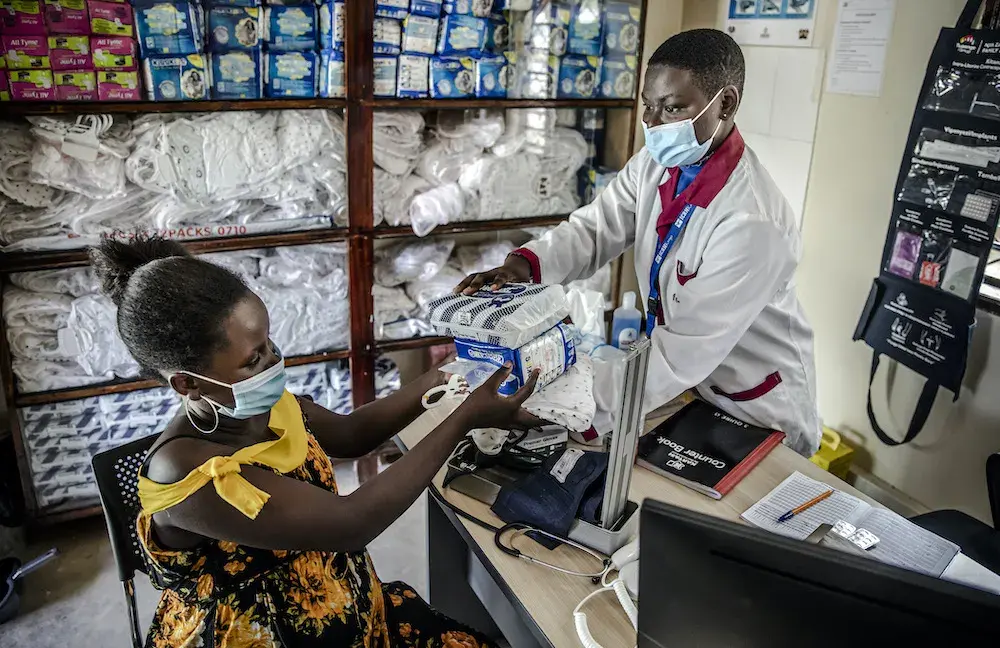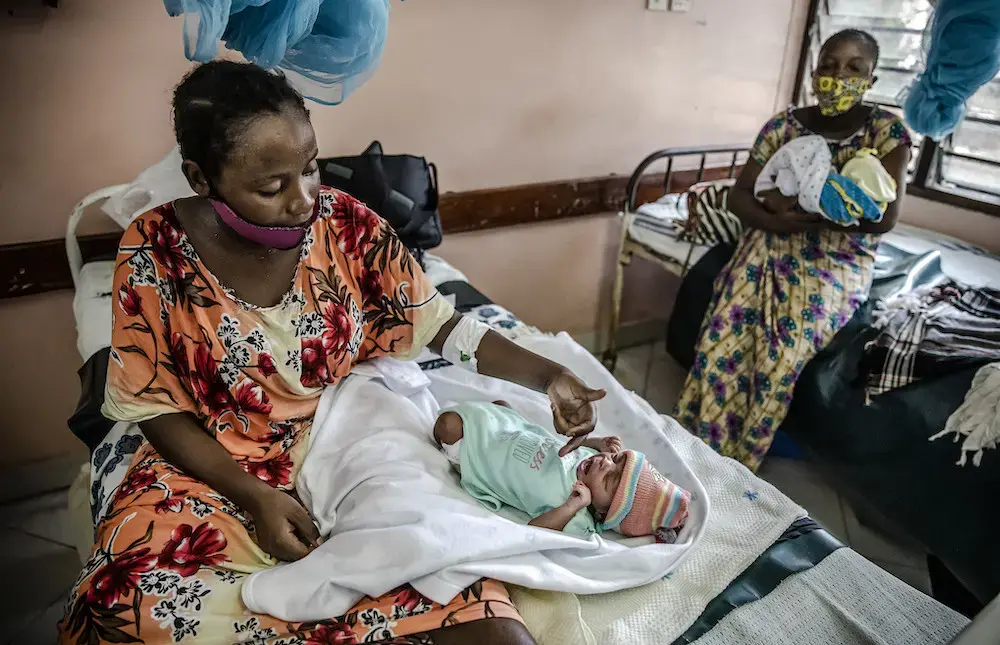There was excitement in the air as the first ever to be held Higher Education and Training HIV/AIDS Programme (HEAIDS) conference took place in Durban on 9- 11 June 2017. HEAIDS was formed to develop and support the HIV mitigation programmes at South Africa's public Higher Education Institutions (HEIs), and progressively Technical & Vocational Education and Training Colleges (TVETs). Before the official start of the conference, HEAIDS Country Director & Head, Dr Ramneek Ahluwalia asked HEAIDS Committee member and UNFPA Representative, Dr Esther Muia, to speak about the late UNFPA Executive Director, Dr Babatunde Osotimehin, before a moment of silence was observed in his honour.
The conference theme “uKuhlonyiswa Kwabasha” which means Empowering our Youth, attracted more than 3000 delegates, which comprised mostly of young people at Institutions of Higher Learning. Brought together to raise awareness, lobby and share evidence based practices, it was indeed a successful gathering of young people, government, civil society, the private sector and development. Welcoming delegates, Dr Ahluwalia urged delegates to take part in discussions and tackle all issues affecting them.
A personal testimony by Faith Busika, a Drama Therapist and Lecturer kick started the official proceedings. She provided a moving account of her experience as a first year student at university. With over 2000 young women and girls becoming HIV infected every week in South Africa, the inspirational story resonated with many young women and girls, who after finishing high school enter university and after their first sexual encounter become infected with HIV. Dr Yogan Pillay, the Deputy Director General at the Department of Health expressed shock at the growing number of girls being infected and number of young women being subjected to gender based violence in this country.
Speaking to the young people in the audience the Deputy Minister of Higher Education Mr Mduduzi Manana noted the deep social problems that need to be addressed in South Africa and requested young people to raise their voices during the three days and highlight the challenges and injustices they face every day. It was a very engaging opening session that was followed by the opening plenary.

UNFPA Representative, Dr Esther Muia, provided a keynote address at the opening plenary, noting concern about the HIV prevalence, which is twice as high amongst young women as amongst young men between the ages of 15 and 24 years. She commended the Government of South Africa for taking strong action to address the challenges facing young people, girls in particular, and its commitment to focus on adolescents and youth, women and girls. She further mentioned that we must make investments in social sectors that improve the resilience of individuals and communities and that as a collective we must place the fulfilment of human rights at the centre of development by ensuring that our investments are equitable and reaching the populations with the most dire needs.
Sharing results achieved through our programme work, UNFPA had a poster presentation titled “Model for the effective implementation of Integrated School Health Programme: Experience of the Nzululwazi High School in the Eastern Cape” and an oral presentation on the iloveLove mobisite, which was presented by Lebogang Schultz, the National Programme Officer in the Country Office.




